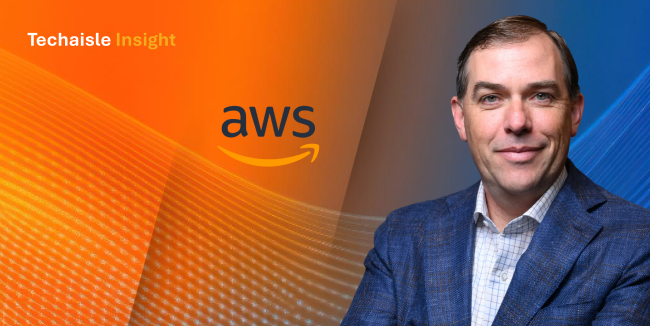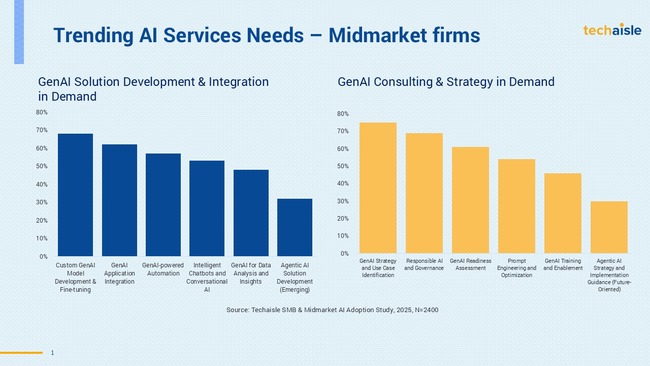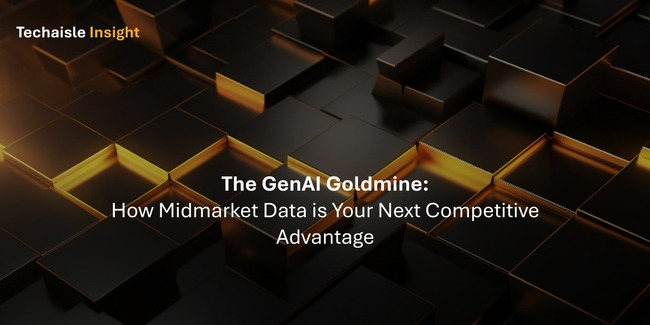For decades, the channel partner model was built on a simple premise: arbitrage. Partners bought capacity or licenses at a discount and sold them at a premium, wrapping them in basic implementation services. They moved boxes, and later, they moved virtual machines. But in the AWS Agentic AI era, that business model is facing an existential crisis.
At AWS re:Invent last week, the message to the AWS Partner Network was clear: the era of generalist resale is over. At Techaisle, our data has been signaling this shift for a decade. According to Techaisle’s latest partner trends survey, AI adoption is fundamentally reshaping the demand curve for services. We are seeing a massive spike in demand for "AI/ML Management" (53%) and "AI-Infused Application Modernization" (41%). The partners are no longer a reseller of capacity; they are a Custodian of Business Context.

The End of "Discount-as-Strategy"
One of the most significant, yet quiet, revolutions at re:Invent was the overhaul of the partner incentive structure. In discussions with AWS leadership, it became clear that the traditional stackable discount model—often described by partners as a pleasant surprise rather than a predictable revenue stream—is being retired in favor of stability and cash.















